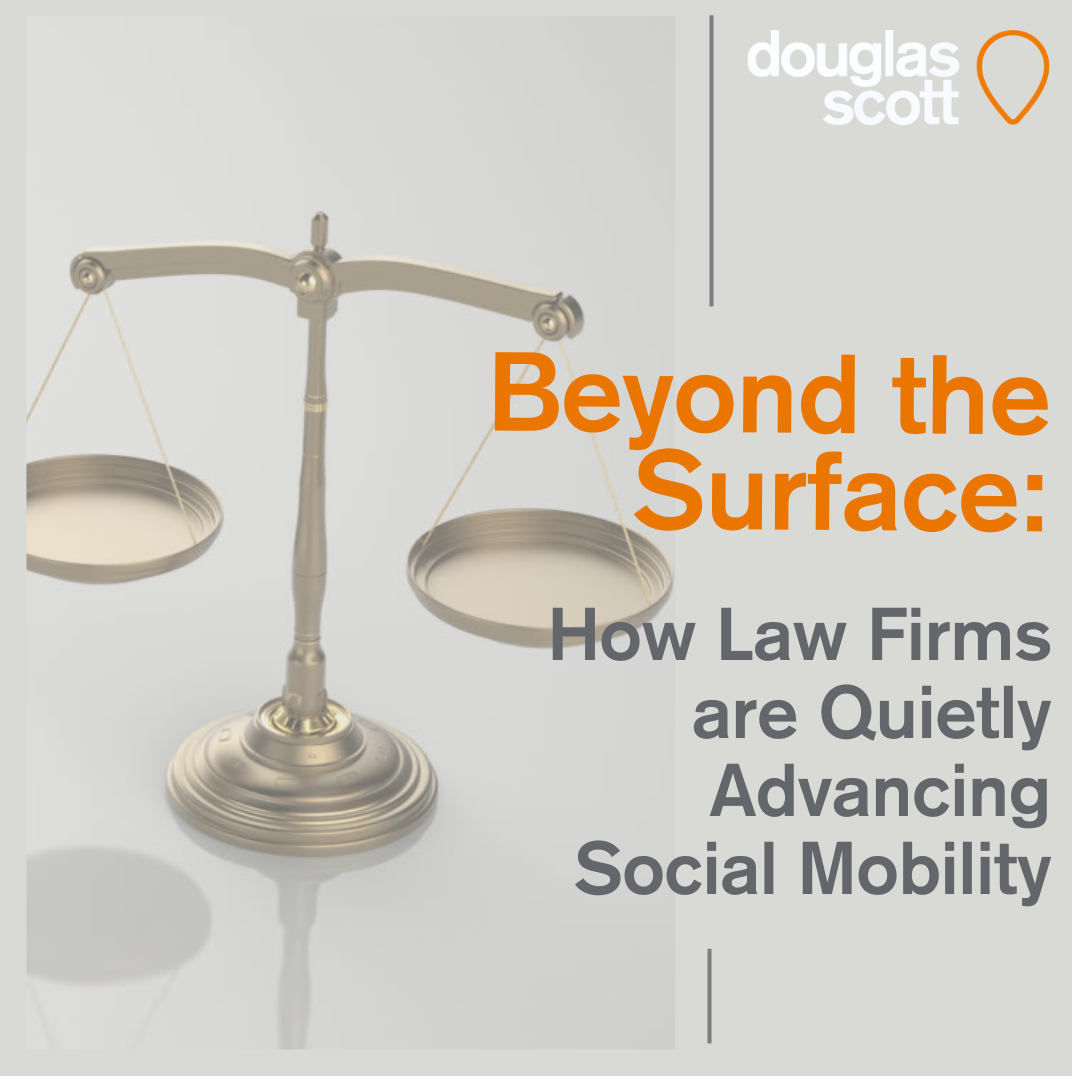Beyond the surface: How law firms are quietly advancing social mobility
Posted in Latest News on 5 Nov 2024

Are law firms doing more than we think to boost social mobility?
Law has traditionally been seen as an elitist profession, something that has taken a long time to shake off.
Even now, there is still a traditional expectation about the path and even background that a lawyer will take to reach the top in law. The Ministry of Justice’s own recent report into the Diversity of the Judiciary highlighted this area as one where law, especially at its highest levels, needed to work on. So, a recent study by the Social Mobility Foundation that found that the legal industry is doing incredibly well in terms of social diversity will be warmly received.
The Social Mobility Foundation’s annual report is the leading authority on social mobility and is a benchmark for how well companies and firms are doing regarding hiring people from different class backgrounds. It also looks at whether companies are removing barriers for people from lower socio-economic backgrounds, and what employers are doing to create an inclusive environment for those from lower socio-economic backgrounds. In terms of law, 30 firms and chambers were in the top 75 list, one of the largest groupings in the list, making up about 40% of the total. This year, law firm Browne Jacobson was also at the joint top of the list with accounting firm PwC, with five more firms in the top 10 as well, showcasing how far firms have worked to make themselves more open to those from lower socio-economic backgrounds.
However, one area the report does not go into is where some of these hires sit, in terms of seniority. Thanks to the MoJ’s report on this subject earlier this year, we know this area needs improvement, with the numbers showing that the background that people come from does seem to have a more significant impact the higher up the ranks you go. So what can firms do to improve their diversity and get those from lower socio-economic backgrounds into top roles? Well, the Social Mobility Foundation has included some recommendations in its report that are designed to tackle this issue. They encourage firms to collect data about the background of new hires, current staff, and unsuccessful applicants, to understand better the barriers for those looking to progress in companies. Then, look at setting targets for progression that are realistic and achievable, but also stretching, and measure how these work. Participating in social mobility initiatives and founding your own within your company is also essential to help boost mobility. However, the main finding that the report comes up with is for the current Labour government: to make it mandatory for large companies to track data on the socio-economic background of their staff. They believe it would better help firms understand how they are improving the diversity of their staff, as well as allowing better comparison between companies.
In conclusion, the law might be doing better than some recent reports have indicated at boosting the diversity of its staff. However, more can still be done to increase diversity, and, particularly at the higher levels of law, like partner or associate level, more work is needed to improve the prospects of those who might not have come from traditional law backgrounds.